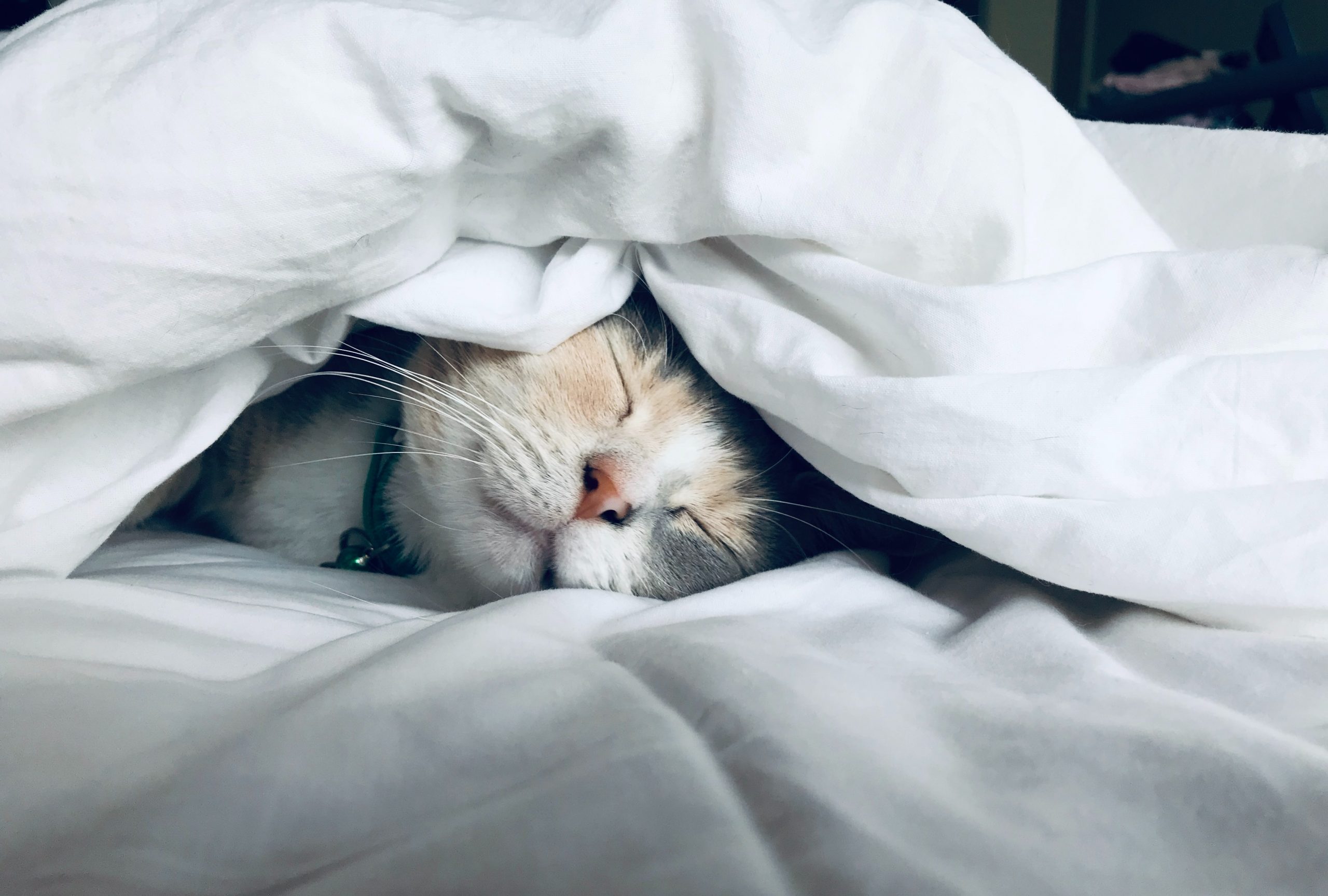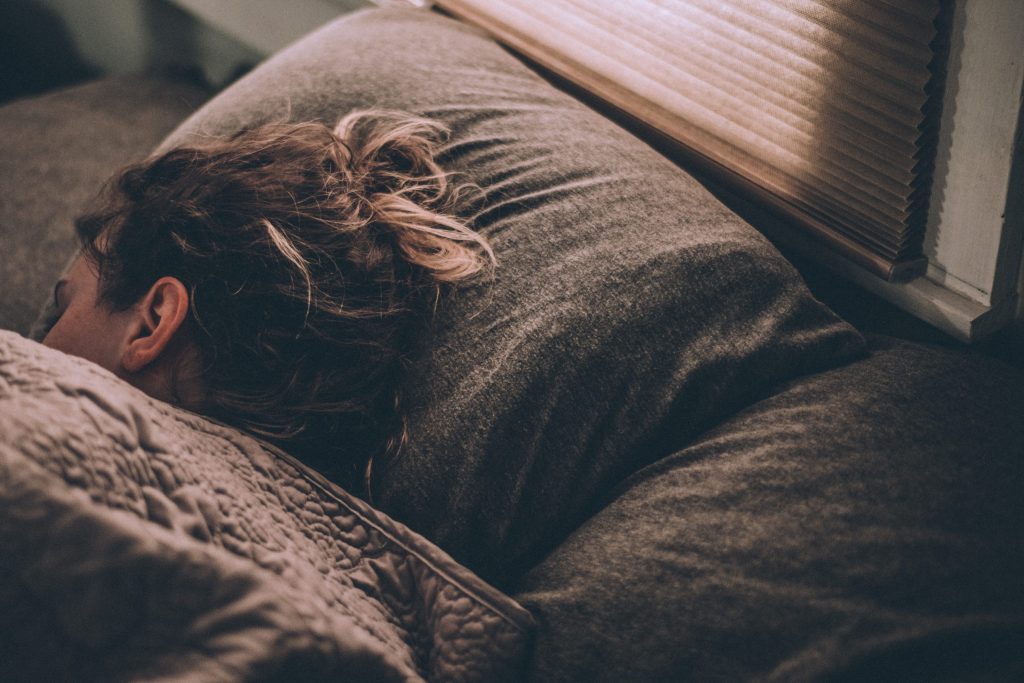
When was the last time you got a full 8-10 hours of sleep? We all need (and probably love!) getting lots of rest, but sometimes our busy lives just don’t allow for that. On days when you don’t get as much sleep as usual, you might find yourself hungrier than usual and struggling to feel satisfied from your meals. When your appetite just can’t be stopped, that feeling of constant hunger can be quite irritating! This post will help explain WHY you feel so hungry so that you can understand why sleep is so crucial and how to fuel yourself when you don’t get that needed rest.
Why do I feel hungrier when I get less sleep?
The main reason that hunger is affected by sleep comes down to hormone levels. When you get less sleep, the levels of your hunger and fullness hormones change. There are two hormones in our bodies that control our appetites: leptin and ghrelin. Ghrelin is our hunger hormone, and leptin signals fullness. When your stomach is empty, ghrelin is released and acts on the hypothalamus (a part of your brain) to increase appetite. It will stimulate the release of growth hormones and will signal the digestive system to get going with passing food from the stomach to the intestines since it expects food and needs that food to move through your body for energy!
Leptin, the fullness hormone, is produced in fat cells and is triggered by insulin. Since insulin is released when we eat as a signal that we have energy on board that needs to be stored, it triggers leptin to start signaling fullness.
When we get less sleep, we are lacking energy since we aren’t recharged. This leaves our body and brain starving for any other energy it can get, so our leptin levels decrease and our ghrelin levels rise. Thus, we tend to feel hungrier!
Along with hormone imbalances, the pleasure and reward centers of the brain are altered when we are sleep deprived. When we do not get enough sleep, hedonic pathways (pleasure pathways) emerge in our brains. When these pathways are activated, more dopamine (the chemical that causes us to feel rewarded) is released from the brain when we eat food. Our drive to eat for survival purposes as well as pleasure purposes are both activated. When low on sleep, our brain associates MORE reward with food, so it is harder to get full because eating feels so good!

How do these physiological changes affect our eating habits?
Due to these changes in our body from less sleep, it is common and easy to reach for less nutrient dense foods and more quickly digested foods. Foods that are high in fat and sugar are considered highly palatable foods that we are biologically driven to crave. Of course these are going to be the foods our bodies want when we need quick and lasting energy! Less sleep also means being up for more hours of the day, which leads to more food consumption in general because there’s simply more time to get hungry. While this can feel like a problem, it’s actually crucial to honor your hunger no matter what in order to maintain trust with your body and continue to receive those hunger cues.
How do we combat this sleep deprived hunger?
Well, the simple answer to this is sleep…however, we all know that is not always the easiest solution. Adults should get about 7 to 9 hours of sleep each night on a regular basis. Yes, some people can still thrive with less but that is very rare!
Some ways to get good consistent sleep include:
- going to bed and waking up at the same time each day
- not taking long naps or drinking a lot of caffeine throughout the day
- making your sleeping environment quiet, dark, and relaxing
- avoiding using electronics for about an hour before bed
On the days when you still haven’t been able to sleep well, there are nutritional strategies to feel as best you can. You will want to be sure to include protein and fiber throughout the day to help you feel full and satisfied. Adding protein, fat, and fiber with your carbs will help slow digestion so that you maintain stable blood sugar for stable energy rather than spikes and crashes that can occur from meals and snacks that are mainly carb based. Drinking plenty of water will also help to keep you alert, and having fruits and veggies that have vitamins and minerals will help get the nutrients you need to feel energized.
Most importantly, remember a tired day is temporary and staying fueled by honoring hunger is always top priority!